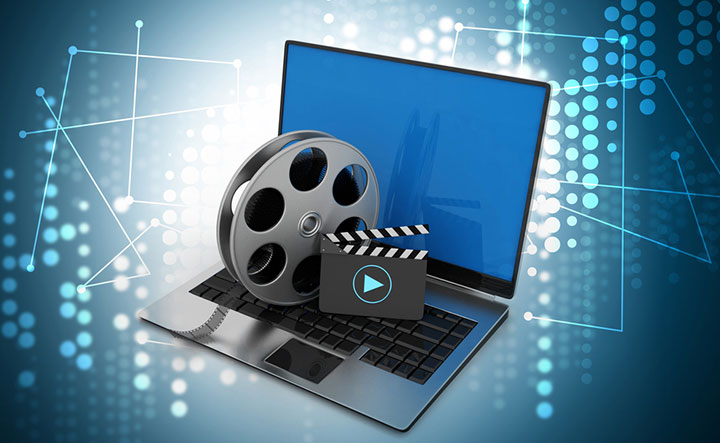Media and Broadcasting Lawyer
A Media and Broadcasting Lawyer specializing in Sports Law navigates the intricate legal landscape where sports and media intersect. This role involves crafting and negotiating contracts related to the broadcasting rights of sports events, ensuring that media companies and sports organizations comply with regulatory requirements. The lawyer's expertise extends to managing intellectual property rights, protecting trademarks, and handling disputes that arise from media coverage or broadcasting agreements. Their work is crucial in maximizing revenue opportunities for sports entities while safeguarding their brand and ensuring fair use in the media.
In addition, Media and Broadcasting Lawyers play a pivotal role in addressing legal challenges that arise from sports broadcasting, including issues related to defamation, privacy, and licensing. They provide legal counsel on matters such as the distribution of sports content across various platforms, including television, online streaming, and social media. By staying abreast of evolving media laws and technological advancements, these lawyers ensure that sports organizations and media companies remain compliant while capitalizing on new opportunities for exposure and revenue in the ever-changing sports media landscape.
.png)



